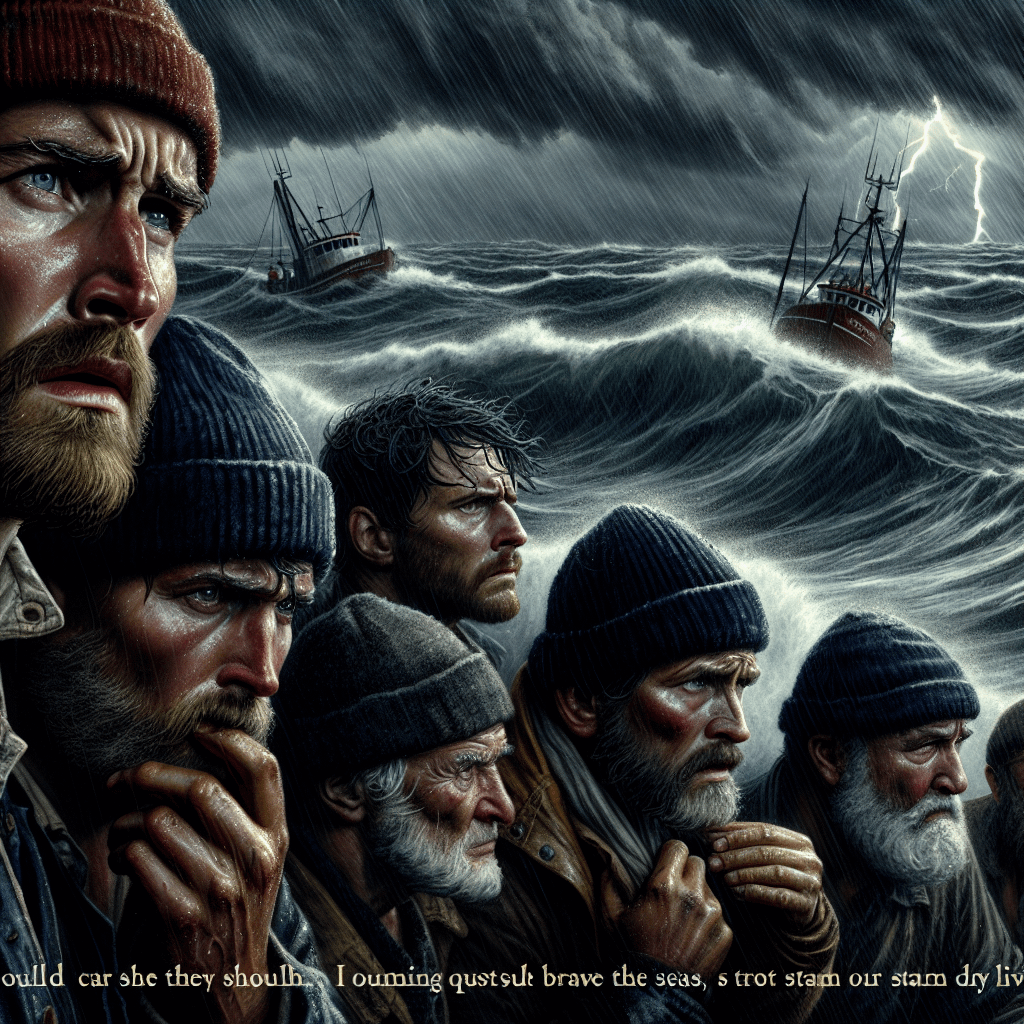The Post and Courier is partnering with the Pulitzer Center’s Ocean Reporting Network to highlight critical climate issues.Lire en françaisIbrahim Niang could leave Senegal.He knows how to prepare his long wooden boat for the 1,000-mile voyage to the Canary Islands.He’s 34 years old, young enough to make a big move, as so many of his friends have done.He has the skills and equipment to take himself far away — take others too, if he chooses.And there are many reasons to go.The ocean? It’s not the same. The seas are warmer. He has to take his boat farther offshore to find octopus and sardines.And there are those giant commercial fishing boats off the coast, huge floating fish factories that scour the ocean’s marine life on an industrial scale.And aren’t there more opportunities in Europe? North America?Some of his friends have even called him a coward for staying.Niang’s story mirrors ones playing out in different variations around the globe, from struggling shrimpers in South Carolina and New England to cod fishermen in the United Kingdom. Catching fish is inherently unpredictable, but global warming is adding even more uncertainty to an already challenging livelihood.So on a recent afternoon, as Niang took his small pirogue out to sea, he pondered a question that thousands of West Africans have asked themselves during the past decade: Should I go?Tradition and familyThere are many reasons to stay.Niang lives in Thiaroye Sur Mer, a fishing village on the outskirts of Dakar, Senegal’s capital. His family is in Thiaroye Sur Mer, including his wife and two children. And fishing has been his life, his identity. As with many of his peers, he dropped out of primary school to learn how to fish. Over time, he built and captained his own pirogues — the long banana-shaped boats used by fishermen in West Africa.He was part of something larger. Here off the coast, powerful ocean currents meet and provide a bounty of marine life: sardines, octopus, grouper. An estimated fleet of 19,000 pirogues and other small vessels line Senegal’s coast. At least 86,000 fishermen catch more than 500,000 tons of seafood a year, according to a United Nations estimate. Fish and seafood represent more than 40 percent of the animal protein in the Senegalese diet. Niang was helping to feed his family and the nation.Niang’s day often begins around sunrise, when he motors out to sea. He said he uses lines to hook octopuses one by one, the legal way. Some fishermen use nets, which is illegal, but he doesn’t want to be arrested and lose his fishing gear.Playing by the rules is good for the fish and fishermen, he said. Along Senegal’s coast, communities of fishermen formed associations to manage fishing harvests, including Thiaroye Sur Mer’s Local Artisanal Fishing Council. These councils enacted seasonal fishing bans to allow certain species to reproduce.But no fish means no money and food. So when the sea is off-limits for fishing, some boat captains ma

